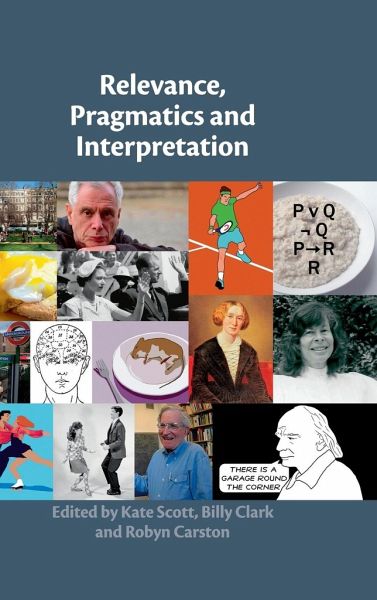
Relevance, Pragmatics and Interpretation

PAYBACK Punkte
60 °P sammeln!
Showcases recent research by leading scholars working within the relevance-theoretic pragmatics framework.


Rechnungen
Bestellstatus
Retourenschein
Storno